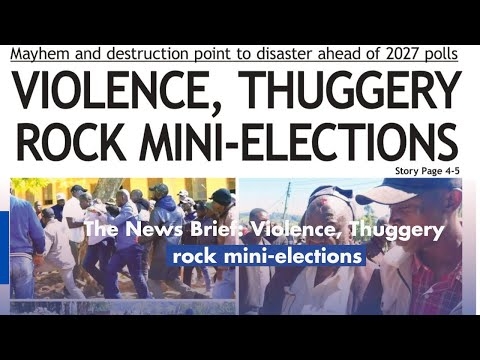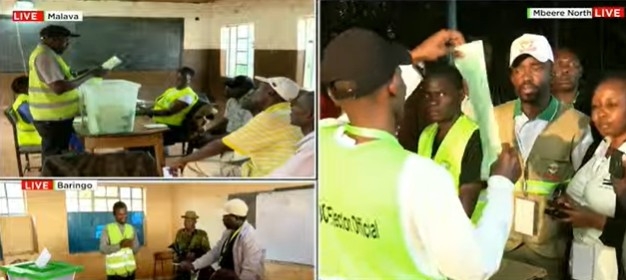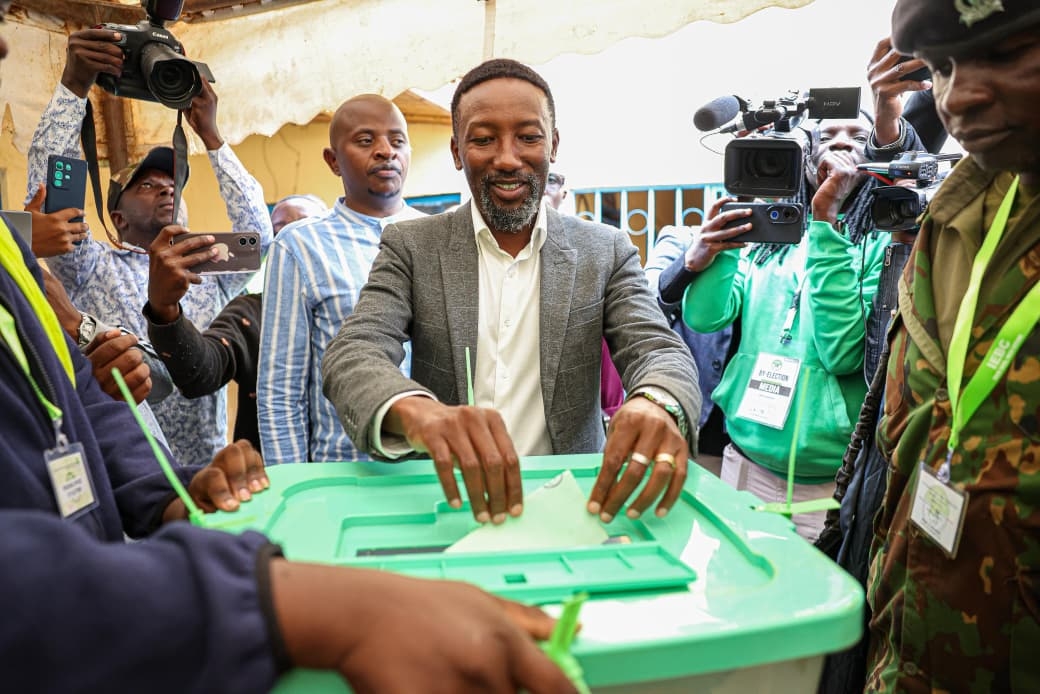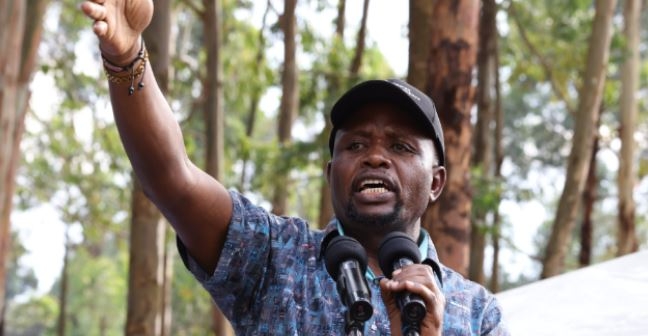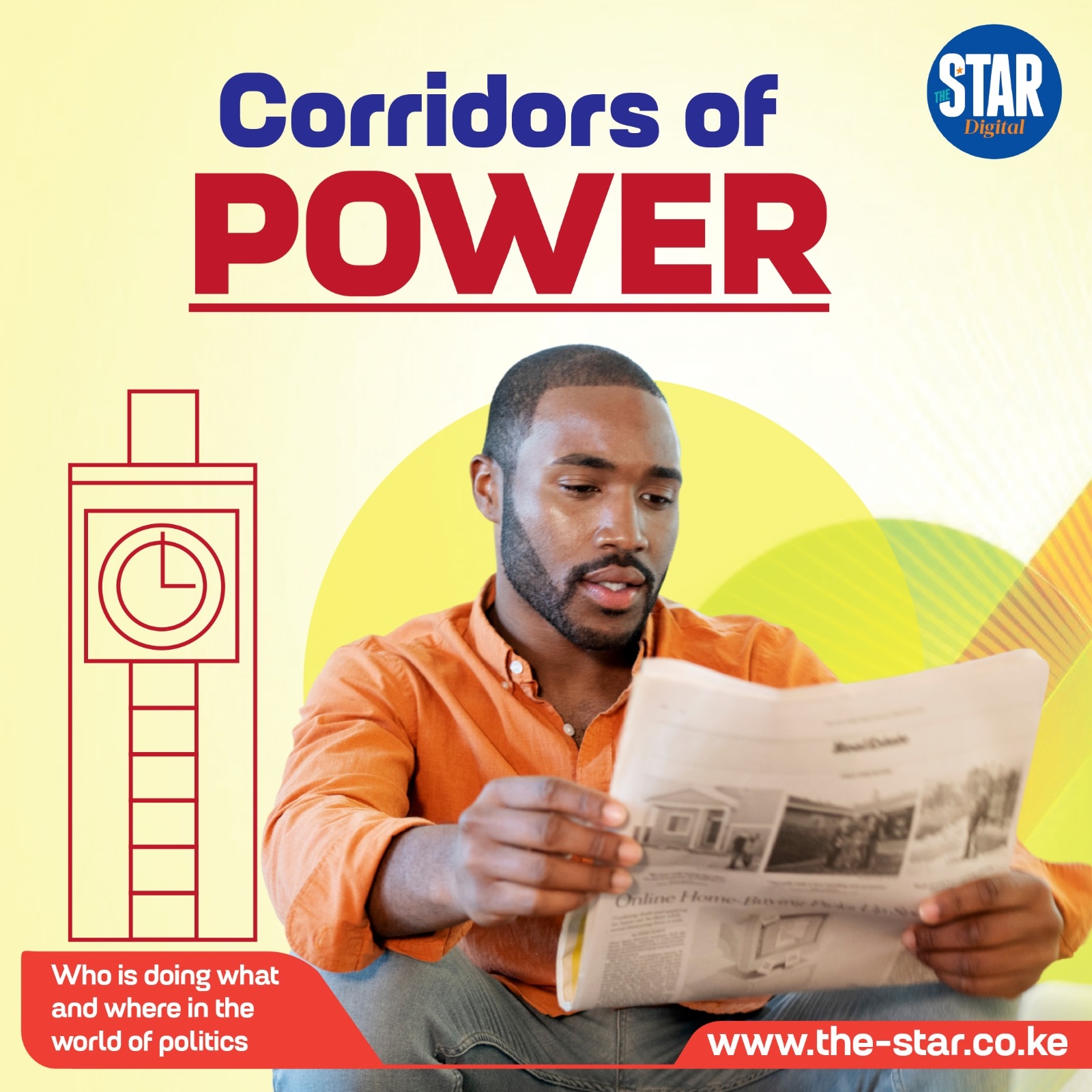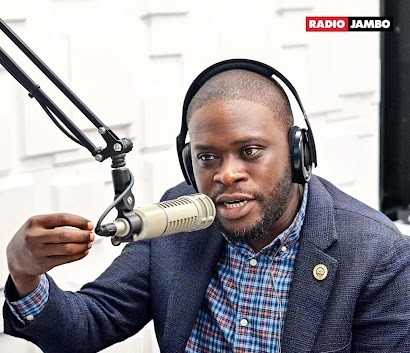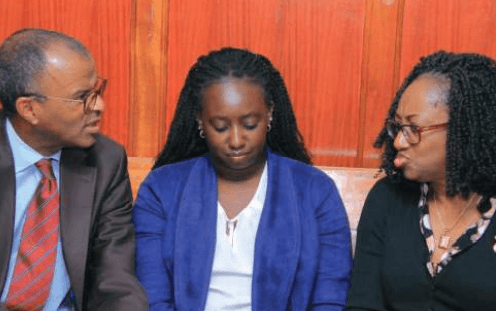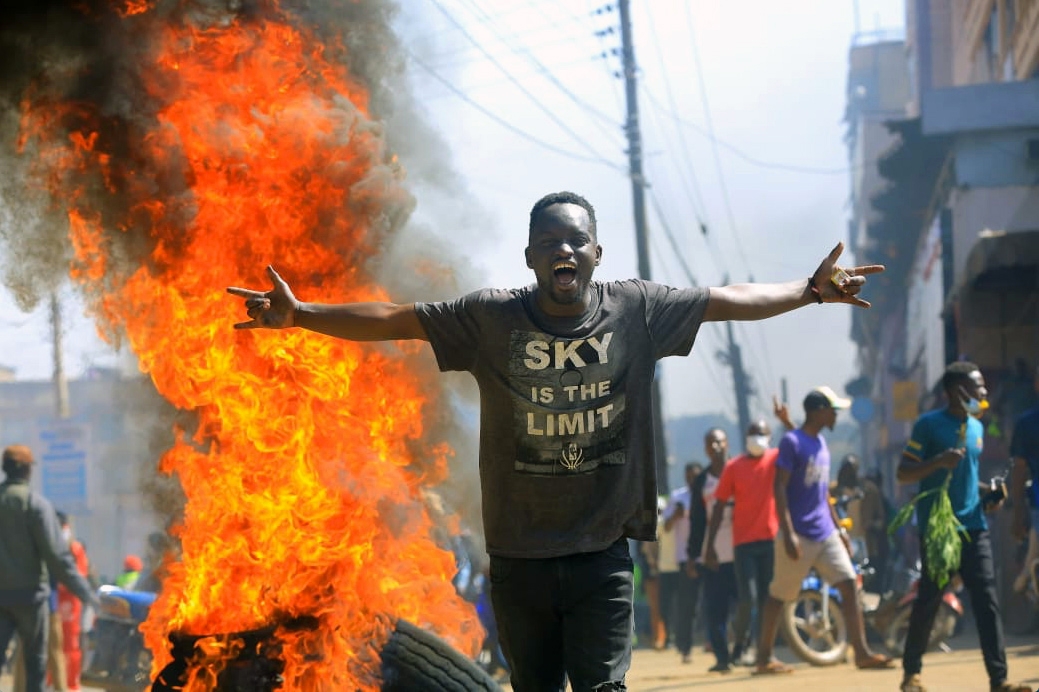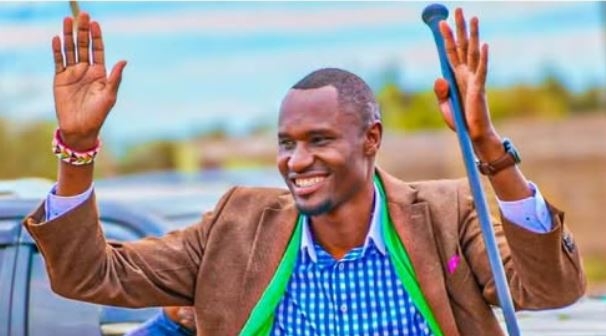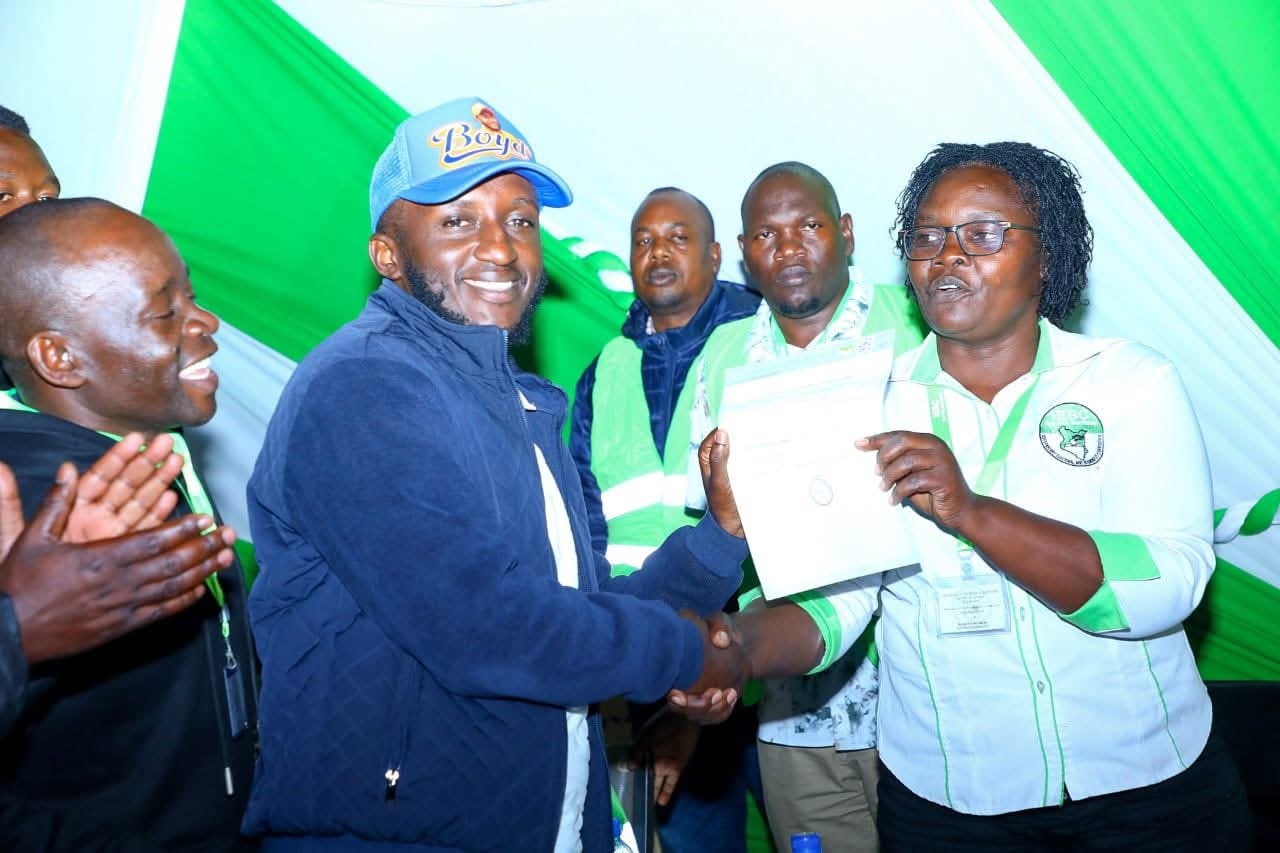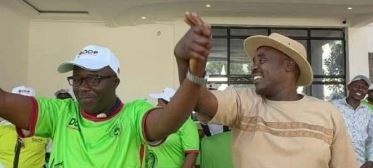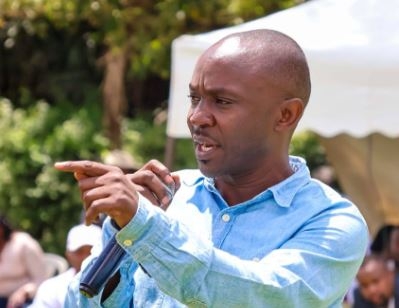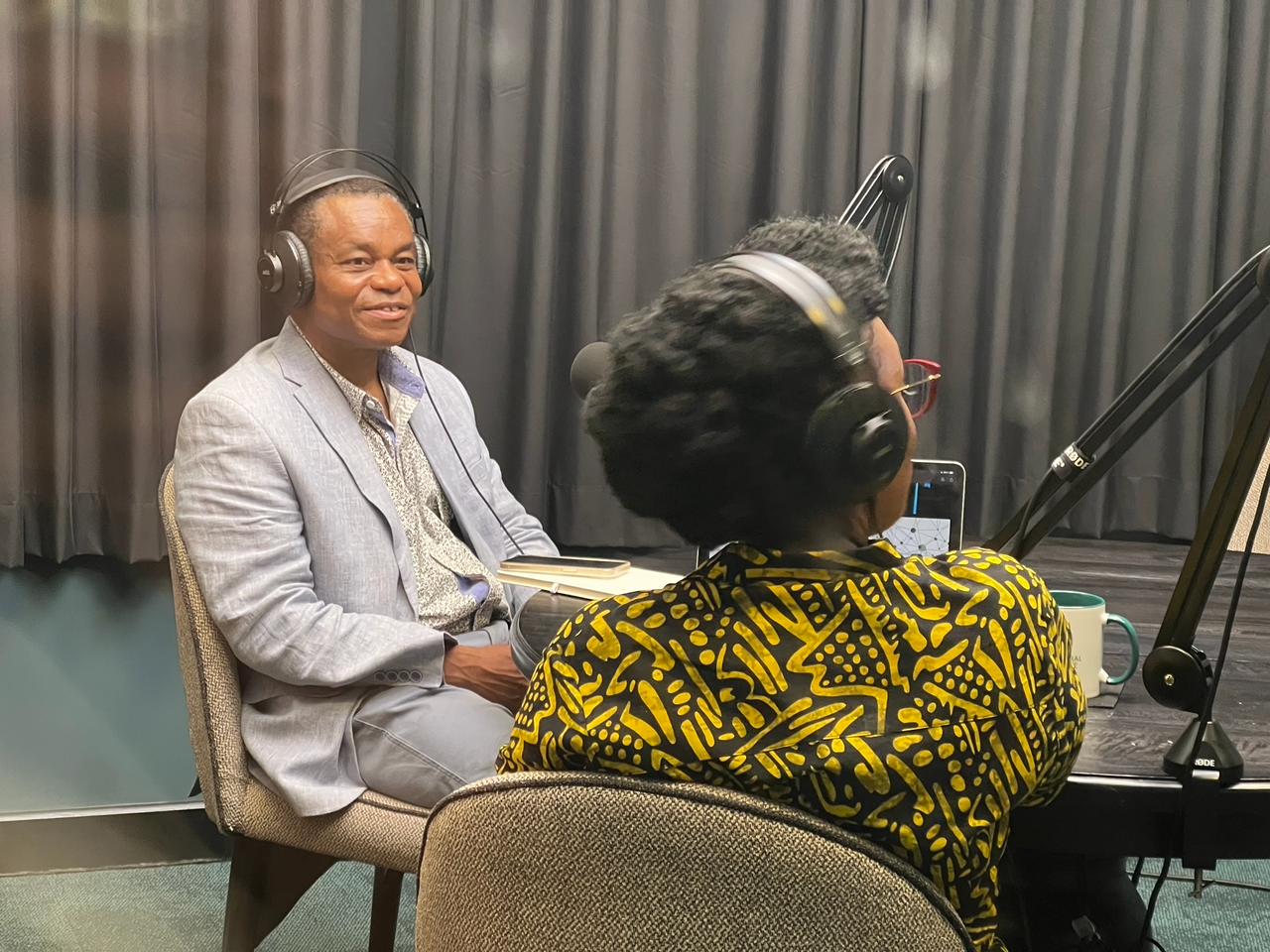
As the world prepares for the 16th Conference of the Parties (COP16) to the United Nations Convention on Biological Diversity (CBD), set to take place in Cali, Colombia, from October 21 to November 1, 2024, Africa finds itself at the center of global biodiversity discussions.
Home to 25 per cent of the world's remaining biodiversity, Africa plays a crucial role in combating climate change and safeguarding ecosystems that sustain millions of lives. However, these ecosystems face unprecedented threats from human activity and climate change.
The African Wildlife Foundation (AWF) has been at the forefront of promoting Africa-led conservation leadership for more than 60 years, working with governments, Indigenous Peoples, and local communities (IPLCs) to tackle these challenges.
In this interview, Fred Kumah, AWF’s vice president of global leadership, discusses the significance of COP16, the challenges Africa faces, and how AWF is shaping conservation efforts across the continent.
Q: Why is COP16 such a critical moment for Africa’s biodiversity?
Fred Kumah: Africa’s biodiversity is essential not only for the continent but for the entire planet.
Our ecosystems—from forests to savannas—provide vital services like carbon sequestration, water regulation, and food security. But they are under immense pressure from deforestation, illegal wildlife trade, and climate change.
COP16 is critical because it’s the first biodiversity COP since the adoption of the Kunming-Montreal Global Biodiversity Framework (GBF) in 2022. Governments will be expected to show real progress on their National Biodiversity Strategies and Action Plans (NBSAPs). For Africa, this is a chance to safeguard our biodiversity and secure the financial resources needed to do so. This conference will set the tone for how seriously the world takes biodiversity conservation moving forward, and Africa’s role is key to that progress.
Q: AWF has been promoting Africa-led conservation for decades. How does this approach support both biodiversity and economic development?
Kumah: For more than 60 years, AWF has worked to demonstrate that conservation and economic development are not mutually exclusive—they are deeply interconnected. By protecting biodiversity, we’re laying the foundation for sustainable industries, especially nature-based tourism, which is a major economic driver across Africa.
We have supported preparations for COP16 across partners and network groups, including the African Group of Negotiators (AGN), the African Civil Society Biodiversity Alliance (ACBA), and the Global Youth Biodiversity Network Africa (GYBN-Africa). In addition, we have provided training and professional development opportunities to AWF’s Charles R. Wall Young African Policy Fellows, several of whom are attending COP16.
AWF has built robust conservancy models that are community-led and part of national planning priorities in countries like Rwanda, where nature-based tourism contributes to 80% of tourism revenue and creates over 1,000 jobs for every $1 million generated. This makes it economically viable and ecologically sustainable.
Q: You’ve mentioned that funding is a significant challenge. How does this affect Africa’s ability to meet biodiversity goals, and what needs to happen at COP16?
Kumah: Funding is the single biggest challenge we face in meeting our biodiversity goals. The GBF calls for $700 billion annually to address biodiversity loss globally, but we’re currently about $500 billion short. For Africa, which is home to some of the most important biodiversity hotspots, the lack of financial resources hampers our ability to implement conservation strategies effectively.
Many African countries have the political will to conserve biodiversity, but without funding, progress is slow. At COP16, we need strong commitments from the international community to close this funding gap. This could come through a dedicated biodiversity fund, the repurposing of climate finance, or other mechanisms. Whatever the solution, these resources must reach the Indigenous and local communities who are on the frontlines of conservation.
Q: Africa has a rich tradition of Indigenous knowledge systems. How can COP16 amplify Africa’s voice in global biodiversity discussions, particularly when it comes to nature-based solutions?
Kumah: Indigenous knowledge systems have been central to conservation in Africa for generations. Local communities have developed sustainable practices for managing their landscapes that have stood the test of time. But too often, these voices are excluded from high-level discussions about biodiversity.
We need to ensure that Indigenous Peoples and local communities are not only included in the conversation but are seen as leaders in conservation. Nature-based solutions—such as ecosystem-based adaptation—are critical to building resilience against climate change. These solutions are rooted in the deep knowledge of the land that Indigenous communities hold. By integrating their knowledge with modern conservation strategies, we can create approaches that are more holistic and sustainable.
AWF actively promotes nature-based solutions to address climate change. Our work in forest and landscape restoration, particularly in Ethiopia’s Simien Mountains and the Congo Basin, focuses on restoring degraded ecosystems, enhancing carbon sequestration, and building climate resilience in vulnerable communities.
Q: AWF has been a strong advocate for youth and IPLCs. How is AWF ensuring their active participation at COP16, and why is their involvement crucial?
Kumah: Youth and Indigenous Peoples are the backbone of conservation in Africa. They are often the ones managing the land, using traditional knowledge to protect ecosystems, and passing this knowledge down through generations. However, they are frequently left out of policy discussions that directly impact their futures.
At AWF, we’re committed to changing that. We’re partnering with youth networks and IPLCs across Africa to ensure their voices are heard at COP16. We’ve organized several side events where they will share their experiences, challenges, and solutions directly with global leaders. This isn’t just about token participation; it’s about giving them a seat at the table where decisions are made. Their involvement is critical because they have the on-the-ground experience needed to shape policies that are effective and equitable.
Q: One of the key goals for COP16 is achieving the 30 by 30 target. What does this mean for Africa, and how is AWF supporting this effort?
Kumah: The 30 by 30 goal is about protecting 30% of the world’s land and oceans by 2030. For Africa, this is both a challenge and an opportunity. Many of our ecosystems are still intact, and if we can protect 30% of our land, we will not only preserve biodiversity but also contribute to climate goals by maintaining carbon sinks.
AWF is actively working to support this target by advocating for the formal recognition of community conservation areas. Many African countries are struggling to designate new protected areas, but communities have been successfully managing these landscapes for generations. By formalizing these areas and ensuring they are included in the 30 by 30 target, we can achieve meaningful conservation while empowering local communities.
Q: What do you hope will be the key takeaways for Africa from COP16?
Kumah: I hope COP16 will be a turning point for Africa in terms of securing the financial resources needed to protect our biodiversity. Without funding, the ambitious goals set out in the GBF will remain out of reach.
I also want to see greater recognition of the role Indigenous Peoples, local communities, and youth play in conservation. They are not just stakeholders—they are leaders. If COP16 can formalize their role in biodiversity governance, we’ll be well on our way to creating conservation strategies that are both effective and inclusive.
Lastly, I hope we can strengthen the link between biodiversity and climate action. The two are deeply connected, and by aligning these agendas, we can build a future where both people and the planet thrive.


